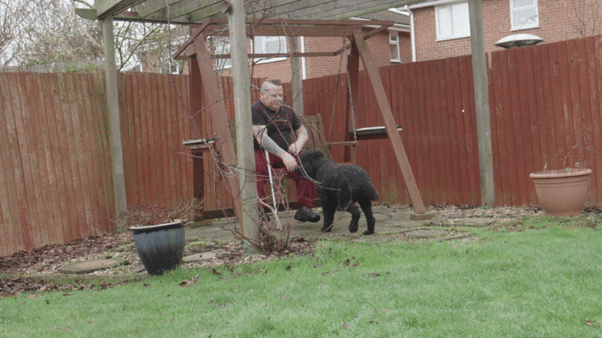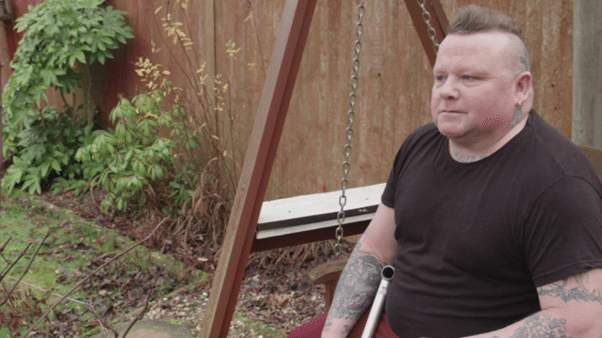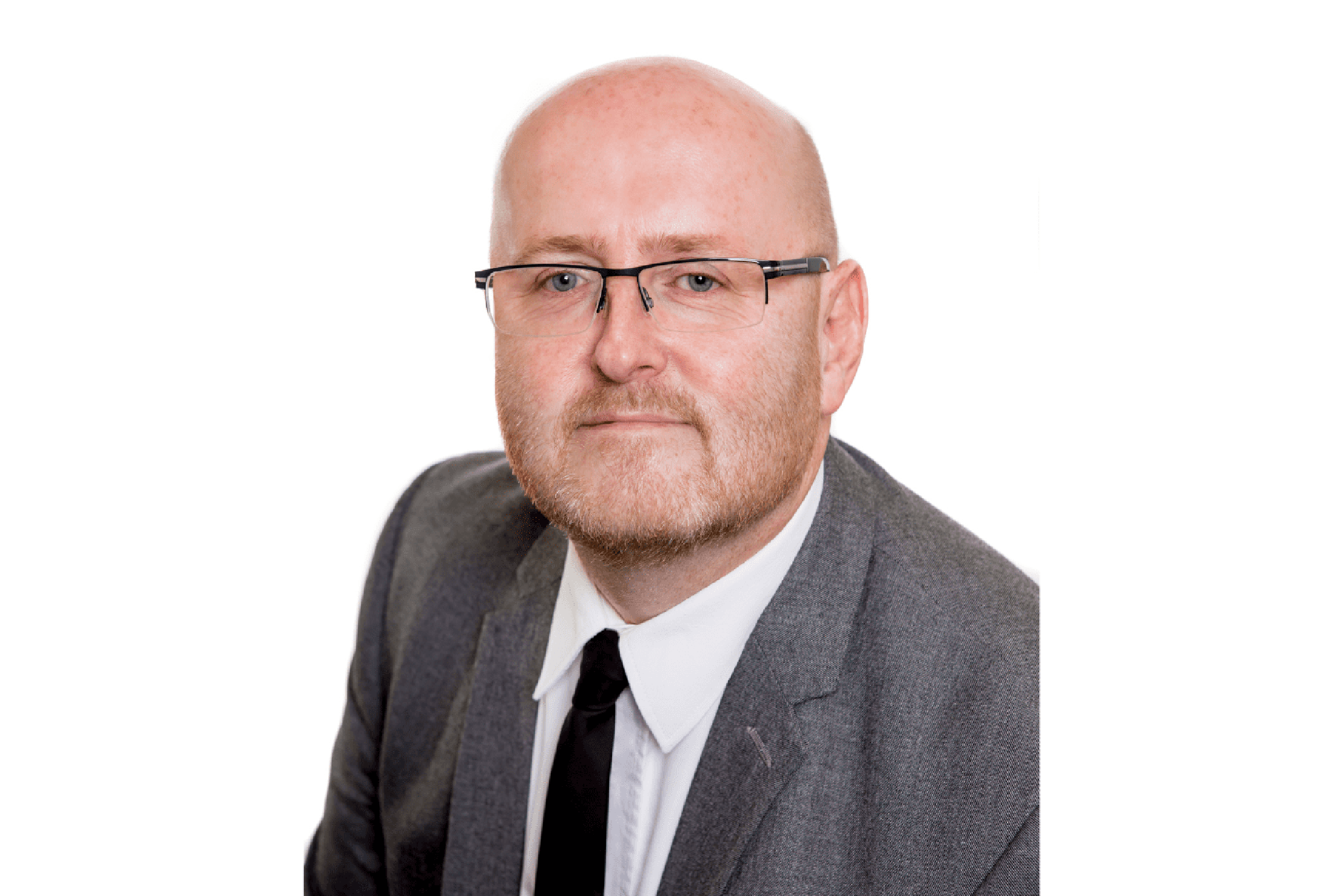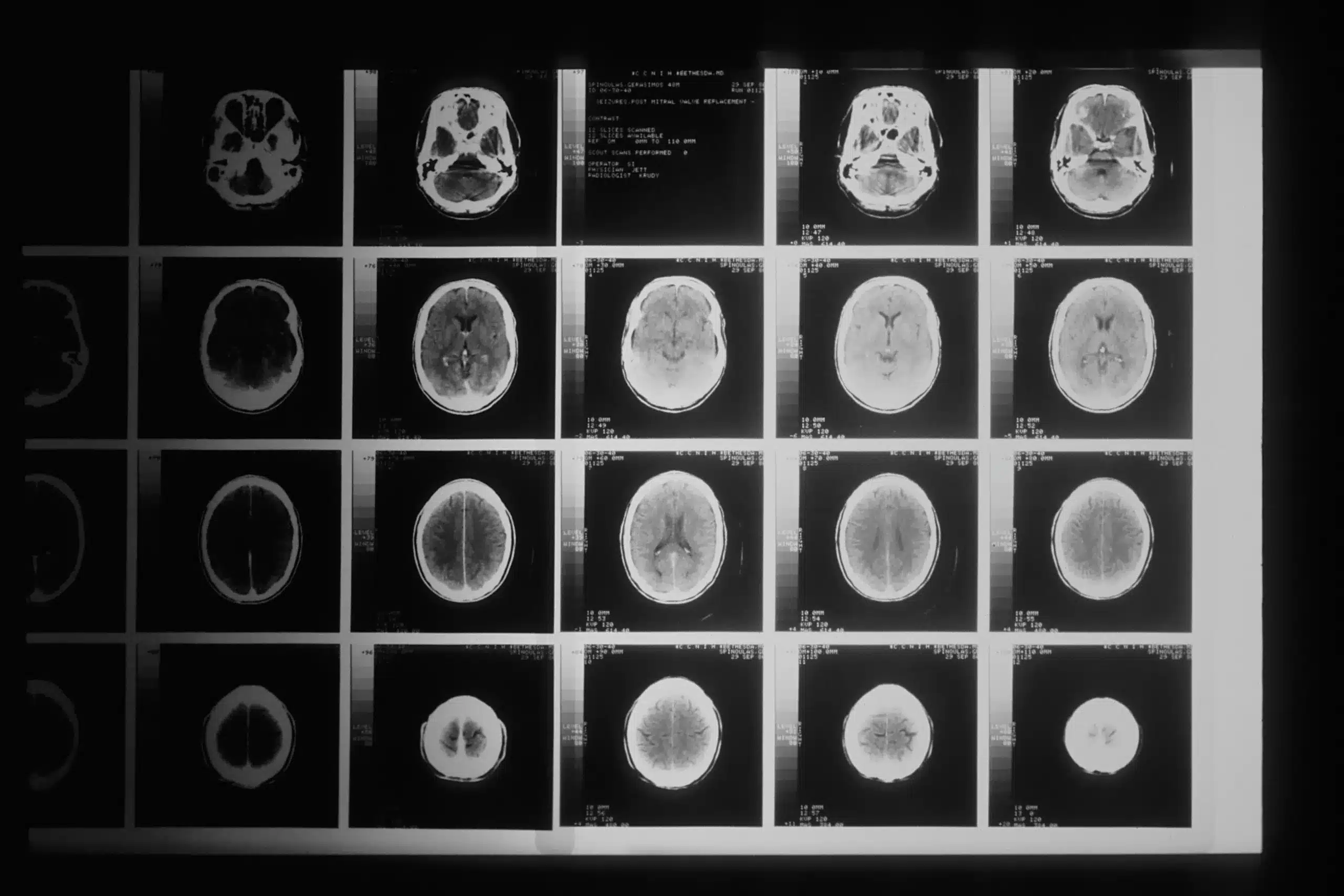
 " alt="">
" alt="">
Stroke Misdiagnosis Claims

Reviewed by
Peter Rigby - Director of Medical Negligence
We've got your Stroke Negligence Claim covered
- No win No fee
- Not just lawyers - real specialists
- No obligation
- UK's highest-rated medical negligence solicitors
Stroke misdiagnosis claims
100,000 people suffer from a stroke each year, with one occurring every 5 minutes in the UK. A stroke can be devastating, so it is crucial that you receive a quick diagnosis and medical treatment to reduce the damaging impact a stroke can have.
Unfortunately, in some cases, a stroke is misdiagnosed, which can have a serious effect on the outcome of your condition. In cases of stroke misdiagnosis, you are entitled to seek compensation for the suffering caused.
At Patient Claim Line, we understand how vulnerable you can feel when you have experienced a failure in your care. Our specialist medical negligence team has extensive experience in stroke misdiagnosis claims, supporting clients right across the UK. We will guide you through the process and do everything we can to fight for your justice.
Find out if you
have a claim
Take the 10-second claim test
Free Advice
03300 080 352
claim form
We're the highest-rated No Win No Fee medical negligence solicitors on Trustpilot
What is a Stroke Claim?
There are three different types of stroke; known as
- Ischaemic stroke
- Haemorrhagic stroke
- Transient ischaemic attack (or TIA)
A stroke is a serious and life-threatening condition and should be treated as a medical emergency. Knowing the early warning signs of a stroke can be the difference between receiving prompt medical care and having the condition go unnoticed.
The most common symptoms are described using the word FAST:
- Facial weakness: Can the person smile? Has their mouth or eye drooped?
- Arm weakness: Can the person raise both arms?
- Speech problems: Can the person speak clearly and understand what you say?
- Time to call 999: if you see any of these signs.
Other symptoms include:
- Sudden weakness or numbness on one side of the body, including legs, hands or feet.
- Difficulty finding words or speaking in clear sentences.
- Sudden blurred vision or loss of sight in one or both eyes.
- Sudden memory loss or confusion, and dizziness or a sudden fall.
- A sudden, severe headache.
(Source: stroke.org.uk)
Stroke Claims and Medical Negligence
Medical negligence occurs when medical professionals provide a substandard level of care. In cases of stroke, it may be that a health professional failed to recognize the warning signs of a stroke or there was a failure in treating it promptly.
An effective treatment for stroke is thrombolysis, commonly known as “clot-busting” medication. However, there is a very short window for this to be given. Thrombolysis needs to be given within no more than 4.5 hours of the stroke occurring.
Therefore, all medical professionals need to know the signs of a stroke and how to act correctly at the earliest opportunity.
Common types of stroke claims:
- Misdiagnosis of a stroke
- Missed symptoms or misdiagnosis of stroke symptoms
- Delayed or negligent treatment of a stroke
- Incorrect treatment of high blood pressure
- Surgical errors
- Inappropriate aftercare of a stroke
Is There a Time Limit for Stroke Claims?
With capacity
A claim for negligence must be made within three years of the date (“date of knowledge”) on which the affected person became aware (or ought reasonably to have become aware) that he or she suffered as a result of the health professional’s acts or omissions.
The date of knowledge is not the date on which the injury occurred unless you knew or ought to have known about it at that time. Sometimes people do find out that a mistake has been made straight away, but sometimes it can actually be a matter of months, even years, before he or she realizes something has gone wrong.
If you or the person the mistake happened to is, or was under the age of 18 at the time the incident occurred, then the time limit is three years from the date of their 18th birthday (i.e. their 21st birthday).
Without capacity
If the affected person does not have the mental capacity, there can be no time limit, unless the person regains capacity. Often a brain injury will cause someone to lack capacity, so it is fairly common in these cases for the time limit not to apply. It is crucial to seek legal advice on this.
Why Choose Patient Claim Line for your Stroke Negligence Claim?
Not just lawyers — medical negligence experts
Patient Claim Line was established in 2014 and consists of a team of medical lawyers specialising in cancer negligence and general medical negligence claims.
At Patient Claim Line we have more than 100 solicitors with a combined experience of over 400 years and they will work on your behalf to achieve the best result possible for you.
It’s not enough to use a solicitor who sometimes covers medical negligence. You need someone who knows this area through and through. That is what the solicitors here at Patient Claim Line do. They deal exclusively in this area of law and are experts in the field.
Frequently asked questions about Stroke Negligence Claims
Our expert legal team answer your questions about making a Stroke Negligence Claim
Stroke misdiagnosis compensation will vary depending on the length of time you have suffered for, and of course the impact that the error has had on your daily life. Your claim will also include other losses as well as compensation. If you were unable to work, the team here at Patient Claim Line will recover any lost earnings for any period you were out of work as a result of what happened. You may have needed family and friends to help out, or even professional care, and our team will make sure their time is compensated for as well. Every medical negligence case is different, and unlike a Road Traffic Accident, we cannot easily say what level of compensation you may get. What we can say is that our specialist medical lawyers will use their experience to make sure that you receive every penny you are entitled to, including any losses you have suffered as a result of the negligence, as well as the maximum amount of compensation you deserve.
The timeframe for a stroke claim will depend on a range of factors including the amount of supporting evidence, medical evidence, medical witnesses, and any photographic and written evidence you have. One thing you can be assured of is that you’re in good hands – all our legal representatives are fully trained and experienced and can guide you through the process if required.
In order to make a successful stroke misdiagnosis claim, we must have proof that you suffered an injury or illness, or that your condition worsened, because of a lack of duty of care. This means we must have sufficient evidence including but not limited to medical records (we retrieve these for you), photographs of injuries, and a detailed statement from you about what you experienced. In some cases, family members may also be asked to provide their statements about what took place. We also gather evidence from independent medical experts who prepare reports on your treatment and the results of that treatment. These experts weigh in on whether your treatment was below the usual and expected standard of care, and if that substandard care resulted in your illness or injury. Each of these components is necessary in proving a medical negligence case. Again, your legal team will arrange these expert assessments and will ensure you will not have to pay for these.
Meet our Stroke Negligence Team
Case Study
Robert's Story
"You couldn’t ask for a better team"
After his symptoms were misdiagnosed, Robert suffered a stroke affecting the left side of his body. He was in hospital for five weeks and had to attend physiotherapy for six months as part of his recovery.
Our team secured a substantial compensation, which took into consideration the physical and mental impact of Robert’s misdiagnosis on him and his family.


This enabled Robert’s wife to give up work as well as buy a bungalow together, making it easier for Robert, with his mobility problems. Robert is looking forward to going back to the music concerts and car shows he used to enjoy, as well as spending more time with family.






